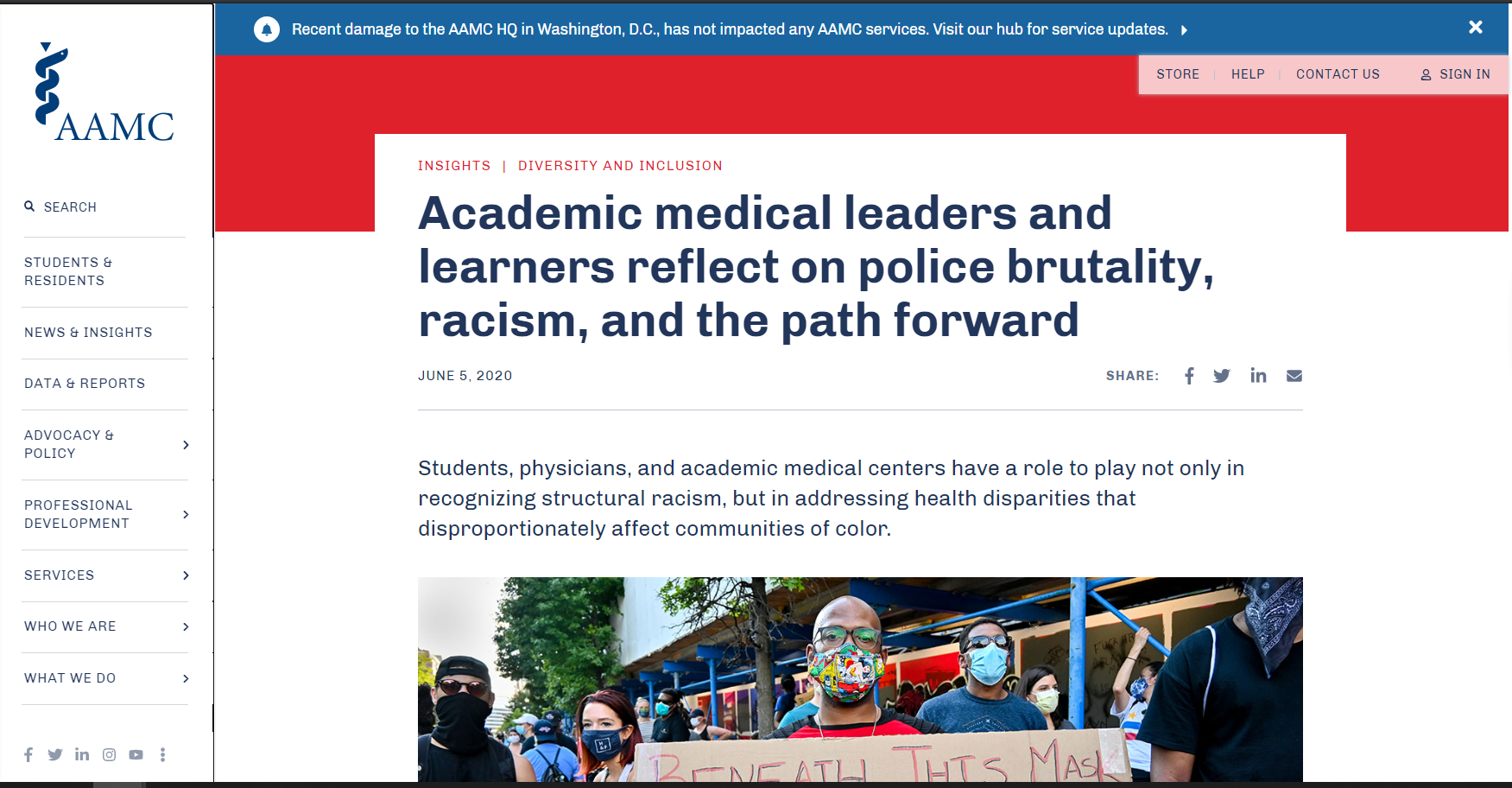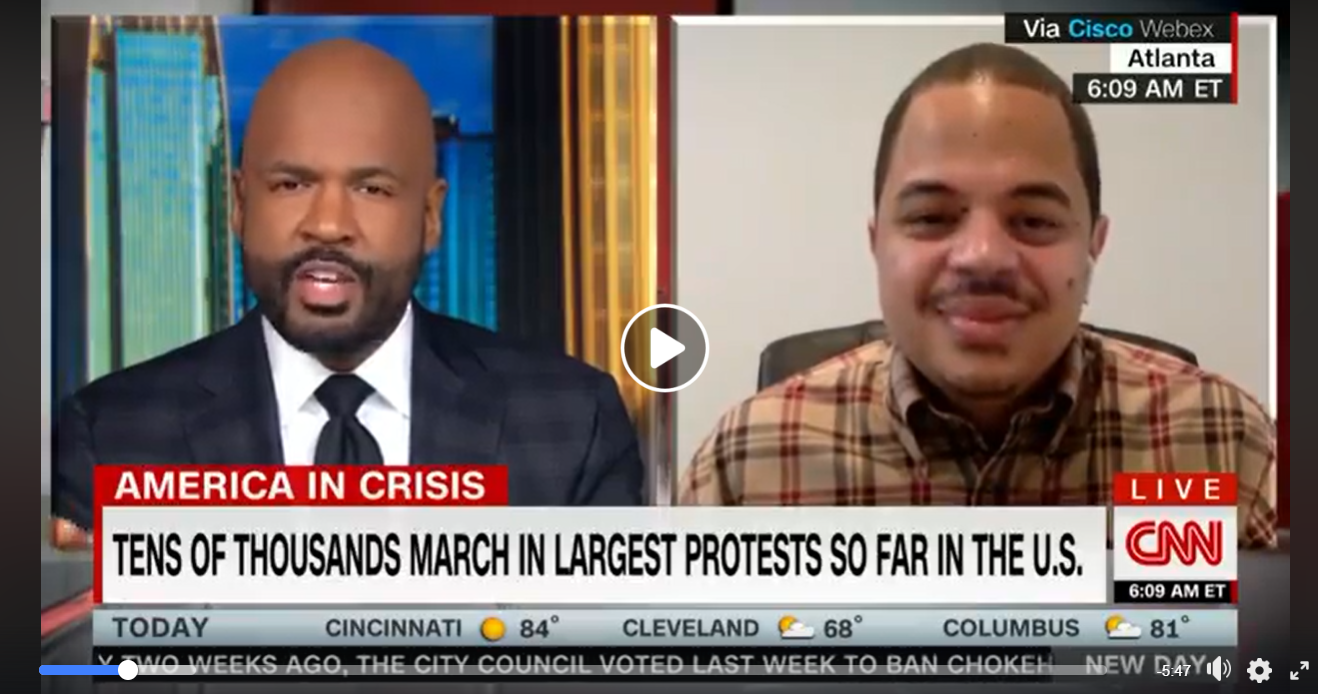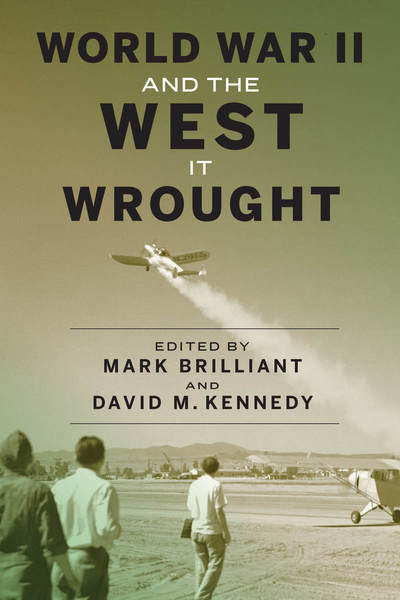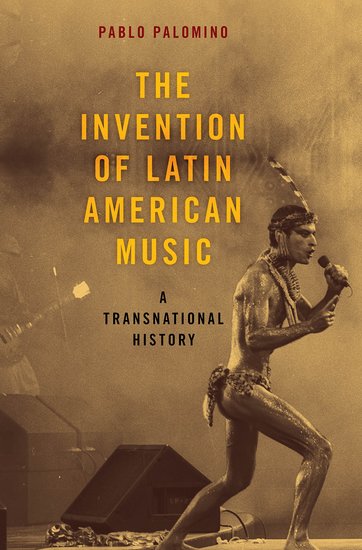Dr. Pablo Palomino, Assistant Professor of Latin American & Caribbean Studies and Mellon Faculty Fellow at Emory Oxford, recently published The Invention of Latin American Music: a Transnational History with Oxford University Press. Below, Dr. Palomino offers a glimpse into the making of the monograph as a part of the History Department’s series on new faculty publications.
Books are produced over years if not decades. Give us a sense for the lifespan of this book, from initial idea to final edits.
Back in 2006 in my hometown, Buenos Aires, I decided to expand over Latin America as a whole the structural affinities between Buenos Aires’ tango and Rio de Janeiro’s samba—their poetic and social similarities—I had explored in my History thesis at the University of Buenos Aires. I was assistant professor of Latin American Social History (guided by the wonderful Dora Barrancos) and wanted to write a history of the modernization of urban music poetics in Latin America in the 1930s. I then learned that the story of marginal musical genres becoming modern national symbols at some point in the early 20th century was quite universal. What were the peculiarities of Latin America in this regard?
I suspected that the popularity of certain music genres had to do with their ability to express the experience of modernity, which is one of loss and fracture but also of re-creation of social relations and emotional bonds. (Hence the global prominence of love songs). As ethnomusicologists and many historians of music teach us, is a crucial arena for people to make sense of all that. But while the historiographic agenda was then focused on the making of national identities, somehow seeing music as mainly serving the national experiment, I was interested in the larger cultural mechanisms that made possible for people to express the experience of modern life, including but surpassing the nation. The need for an inter- or trans-national approach was evident. The peripatetic trajectories of many of my favorite artists—from Carlos Gardel to Caetano Veloso—also suggested this approach, as it was the music repertoire of my parents’ generation, made of several chronological layers and geographic spaces: my folks, Argentine baby-boomers, and their Chilean or Bolivian friends, can sing by heart entire Cuban boleros and Mexican rancheras from the times of their parents’ generation. How does a love song from another time and space becomes part of someone’s sentimental world? And what’s the significance of this phenomenon for Latin American history? I decided to write a doctoral dissertation about how certain social and cultural elements of music—nightlife, poetics, markets, and symbols—became modernizing agents, mechanisms to process and transmit modernity, within but especially across Latin American societies in the 20th century.
With that idea in mind I moved to California, thanks to a scholarship from UC Berkeley, and from 2007 to 2014, under the guidance of Mark Healey, Margaret Chowning, and awesome fellow students, I realized that the key concept of my research would be that of transnational musical networks, which involved not just “genres,” but diasporic artists, musicians’ associations, broadcasting, impresarios, cultural diplomacy, and musicology itself, which emerged in Latin America in the 1930s. I remember discovering at the Bancroft Library the volumes of the pioneering Latin Americanist musicological flagship, the Latin American Music Bulletin (1934-1946), and realizing something incredibly obvious and yet overlooked by scholars: that the very category of “Latin American music” had a history! The dissertation analyzes several musical networks connecting Latin America through archival work in the region’s three largest countries (Brazil, Mexico, and Argentina, plus the United States).
Then in 2015-2017, as a postdoc at the University of Chicago, I realized that my project could illuminate something bigger: that music was arguably the most romantic—in the exoticist and essentialist sense—dimension of the very idea of Latin America that has been naturalized by scholars in their intellectual practice and by lay people in the public sphere. Inspired by Mauricio Tenorio’s critique of “Latin Americanism” as a discourse, I began to re-write some chapters and add new ones, in order to show how those transnational networks in fact had produced the very musical idea of Latin America, and also that they were key in turning the abstract 19th-century idea of “Latin America,” into a legitimate world region—in Herder’s terms, if it has a music, then it’s a culture, and therefore a people.
Since I began working at Oxford College of Emory in 2017, I elaborated these insights, gained tons of feedback in conferences and presentations, and finished the writing in a very supportive environment—and the OUP editors and reviewers gave me precious feedback. My students help me see in the classroom that what we call “Latin America” is at the same time a mosaic of widely disparate histories and the subject of a cultural transmission that has itself a long history—one to which I am happy to contribute.
What was the research process like?
It was wonderful, in that it took me through multiple archives, languages, and disciplines. Starting with the Inter-Library Loan system, which is one of the most wonderful things ever created and gave me access to a truly global perspective on music, modernity, and globalization. Then the CLIR-Mellon and the SSRC fellowships, as well as support from UC Berkeley, allowed me to spend a lot of time in Belo Horizonte (Brazil), Mexico City, Berlin, Buenos Aires, and Washington DC, tracing key archival threads. I ended up using only a fraction of the material I gathered, but also published along the way some side articles on specific histories. The research journey combined archives with fascinating places, people, and ideas. Then organizing the sources and writing the book was like continuing to travel through those places, people, and ideas from my own desk at home or my office.
Are you partial to a particular chapter or section?
There is a section in the Introduction that I added toward the end of the writing process, in which I chronologically reconstruct the elaboration of the idea of “Latin America” since colonial times, in order to locate the emergence of Latin American music in the early 1930s as a way of defining this world region. This is perhaps my most important historiographic contribution. I was undecided about the title of this introductory chapter: should “Music” and “Latin American History” be connected with“and” or with“in”? Then Jeffrey Lesser suggested the exact title, which he saw hidden in plain sight: “Music is Latin American History”—it captures the whole point of the book.
How does this project align with your broad research agenda?
My research focuses on history in three ways. As a problem, I’m fascinated by the history of globalization—and this book tells the history of musical globalization from a regional perspective. As a method, I am inspired by the “total history” of the medievalists from the Annales school that sought the articulation of the multiple dimensions (cultural, political, mental, economic, environmental, etc.) of human reality. I did an absolutely modest attempt in my book to study aesthetic, economic, cultural, and political dynamics combined. And as a cultural activity, I am interested in researching the history of Latin America to combat stereotypes and contribute to its regional and global integration. Somehow this book, very imperfectly, advances this general agenda.



